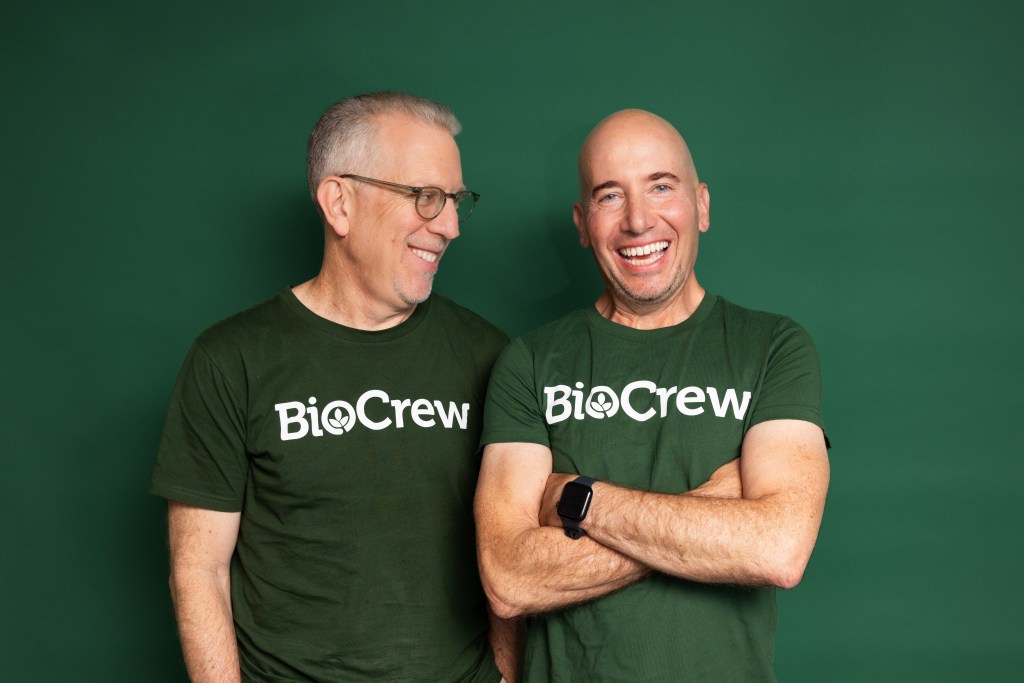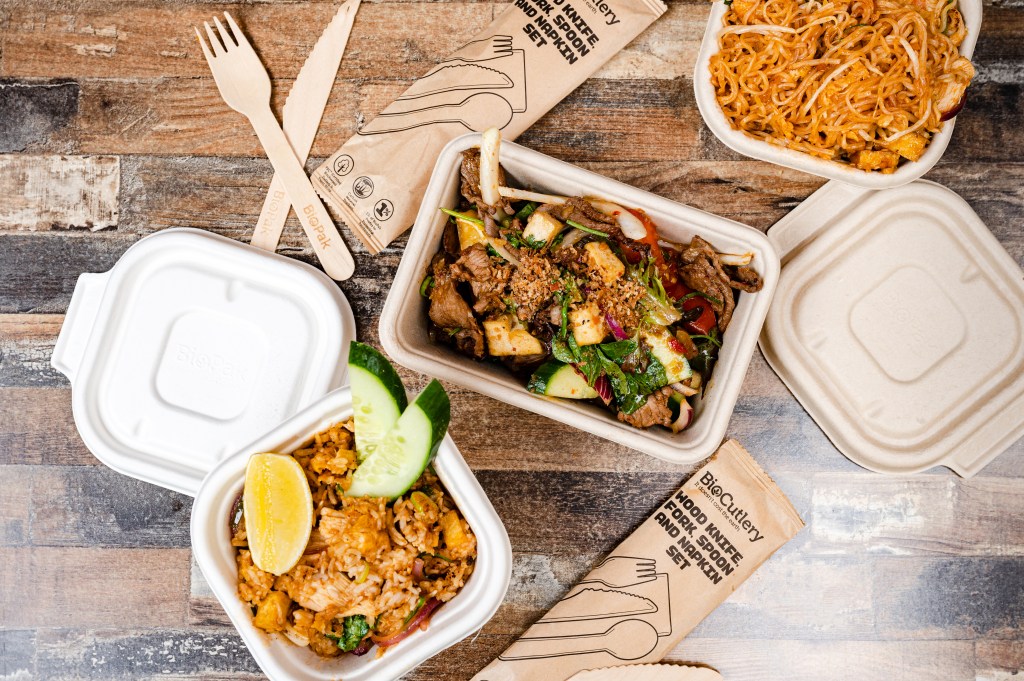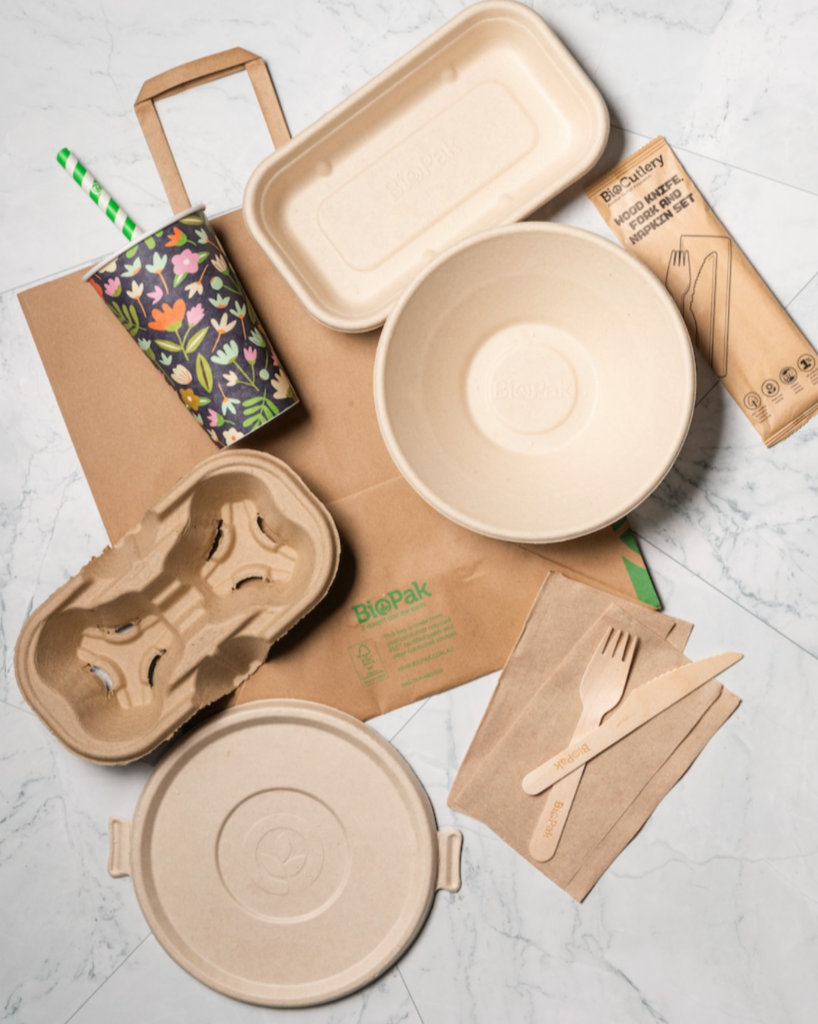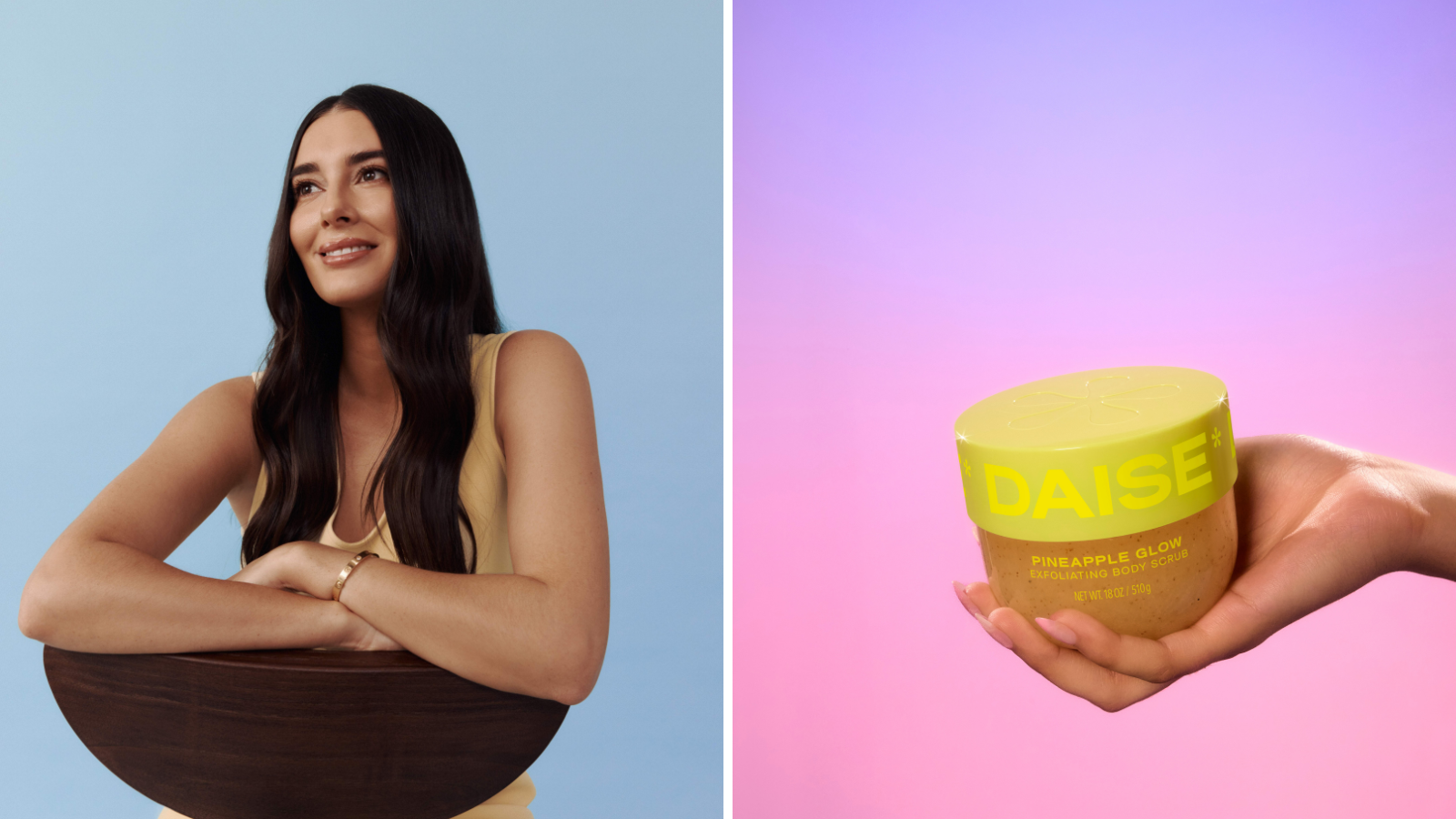The company, which aims to disrupt the 3.5 million tonne plastic packaging industry, talks exclusively with Forbes Australia about its expansion.

Co-founded by Gary Smith and Richard Fine in 2006, BioPak sought to capture the sustainable packaging market by creating packaging from renewable sources, like sugarcane and plants.
In the near-two-decades since its launch, BioPak has amassed over 11,500 customers – including big names like McDonald’s, Woolworths, Aldi, Qantas and Commonwealth Bank – and, last financial year, it posted $345 million in net sales and $27 million in profits. When Five V capital took a 25% stake in the business in 2022 for $65.8 million, the company was valued at $275 million.
That’s a fraction of the global green packaging market, which is expected to grow to US$326 billion (AU$486 billion) by 2026 (from US$224 billion in 2019), according to Mordor Intelligence.
As the market grows, BioPak’s global reach does, too. The company is now expanding into Hong Kong, just ahead of the region’s single-use plastic ban, which comes into effect on 22 April 2024.
“We saw that there was a future in replacing plastic packaging with sustainable alternatives, and we were ready to give it 1000%. Two men and a trestle table started with a dream.”
– Gary Smith, co-founder, BioPak
“We have set our sights on this region for quite a while, with the new plastic bans making it a logical business move to help provide certified compostable packaging to a region in need of our services,” Smith says.
“The single-use plastic bans – announced back in October – have continued to cause concerns for many industries throughout Hong Kong, as they now face the task of finding alternative suppliers in the lead-up to the new regulations.
“One of BioPak’s core differences and strengths lies in our ability to scale and produce a range of certified compostable products that can meet the demand of any market. We are ready to hit the ground running to help businesses prepare for the effects of next year’s bans – not only in terms of accepted compostable packaging but also by means of education and resources to help encourage circular solutions.”

Humble beginnings
Single-use plastic bans and legislation enabling the green transition have been a boon for BioPak, which launched before there was any appetite for sustainable solutions.
“We saw that there was a future in replacing plastic packaging with sustainable alternatives, and we were ready to give it 1000%,” South African-born Smith says. “Two men and a trestle table started with a dream.”
At the time of inception, the 2008 Global Financial Crisis was just around the corner, and businesses were looking to reduce costs, not invest in sustainable products. But 2009-2011 was a turning point for BioPak. During that period the company launched its compostable Bioplastic lined coffee cup and lid, as well as sugarcane fibre takeaway containers. That led to the expansion of BioPak through New Zealand, Singapore and the UK.
In 2022, speculation grew that the company would seek an IPO, but instead, it took an M&A path and brought on private equity. An IPO is not off the cards forever, however.

“An IPO is always an option, but the election to bring on Five V was strategic and focused on our mission to spread our circular economy solutions to more countries and industries,” Smith says. “It was a mission and operational decision, not a financial one, Five V (also a B Corp) has great expertise to complement the current BioPak team’s knowledge and ability.”
Smith says BioPak has sufficient working capital and capital and facilities for future acquisitions, which it says it plans to action should the opportunity present itself.
“The next 12-18 months are all about our M&A continued drive, our launch into the reusable markets as well as continued geographical expansion,” says Smith.
“Our current products, customer base and territories however will be our major focus as they continue to offer growth opportunities – and we find supporting them, developing constant process and technology improvements, as well as research and development, and sustainable leadership the core competencies of our business.”
Look back on the week that was with hand-picked articles from Australia and around the world. Sign up to the Forbes Australia newsletter here or become a member here.


